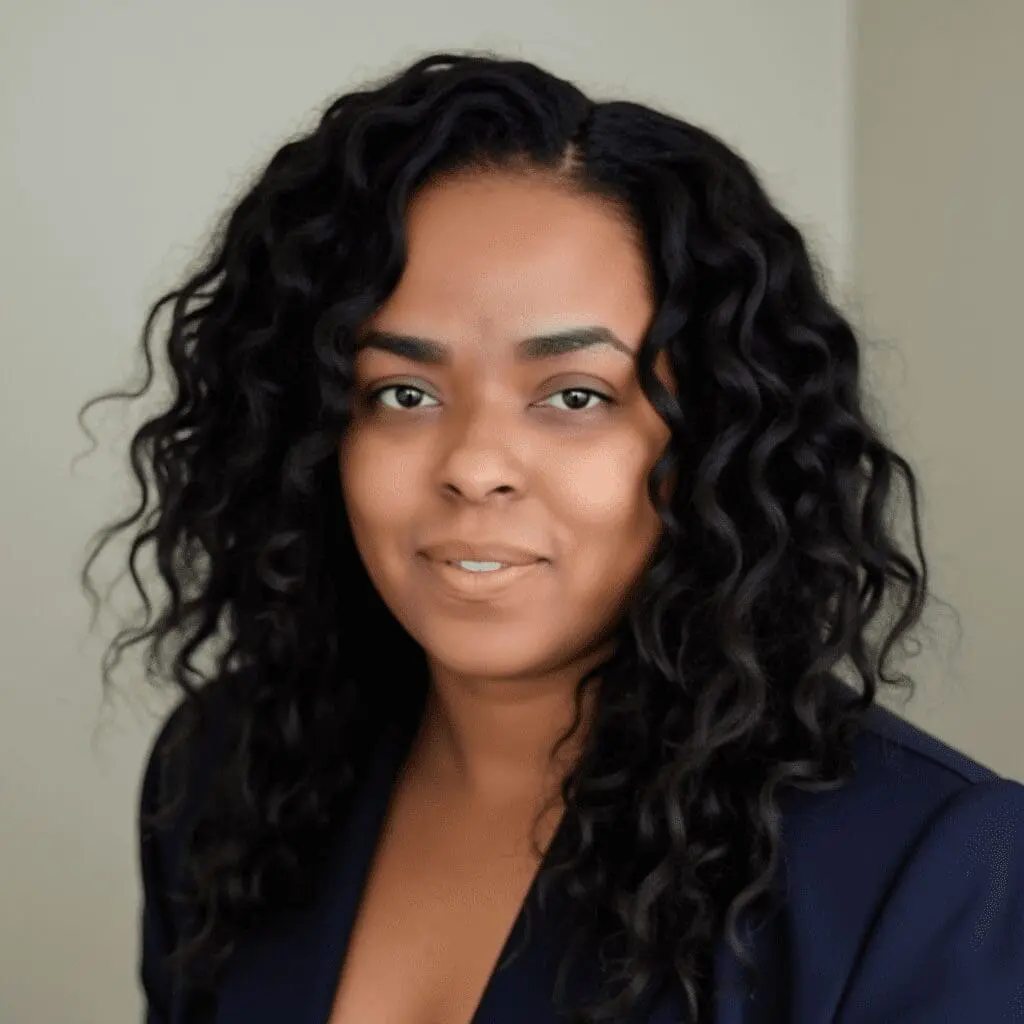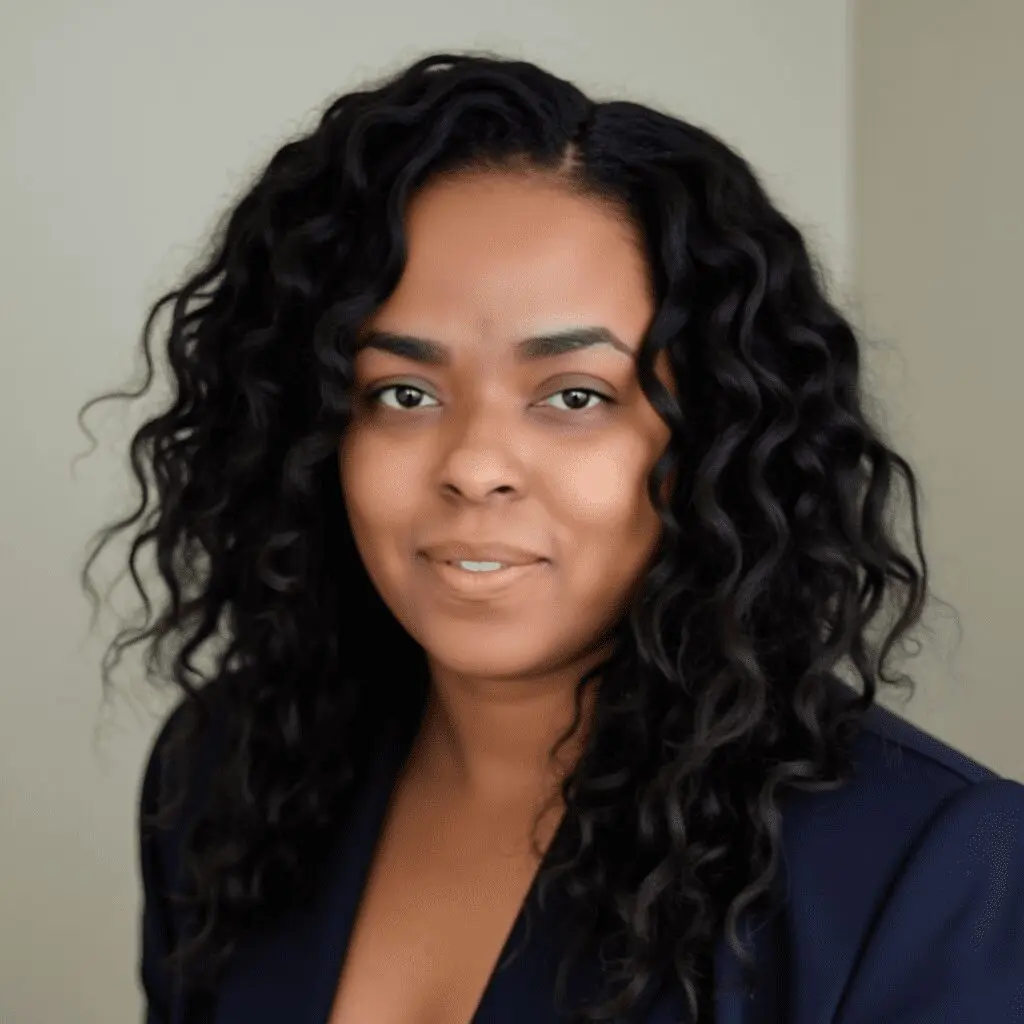
I recently had a sobering realization while helping a talented student secure an internship. Despite her impressive skills, she wasn’t getting callbacks. The reason? Her digital footprint was essentially invisible to the AI systems screening candidates. Before any hiring manager saw her application, algorithms had already deemed her unqualified.
This scenario is playing out across every profession and industry. AI has fundamentally changed how careers develop, how professional value is evaluated, and how opportunities are distributed. The most important judge of your professional worth is no longer human – it’s digital.
The Invisible Gatekeepers
AI systems now stand between professionals and opportunities. Résumé screening tools filter candidates before human eyes see a single qualification. Reputation assessment algorithms determine credibility before conversations happen. Content recommendation systems decide whose ideas get amplified.
These digital gatekeepers operate largely unseen, following evaluation criteria that many professionals don’t fully understand. They assess not just the information you provide directly, but your entire digital presence – or absence.
And the stakes are higher than most realize.
How AI Actually Evaluates You
When AI tools like LinkedIn’s algorithm, Google Search, ChatGPT, or Gemini encounter your professional profile, they’re making complex determinations about your authority and expertise. The results shape how visible you become to potential employers, clients, and collaborators.
These systems prioritize signals of credibility and relevance. They favor professionals with consistent, quality digital content related to their expertise. They look for engagement from other recognized experts. They measure the specificity and depth of your knowledge demonstrations.
What they don’t see might be even more important. If your expertise exists only in private settings – in classrooms, internal company meetings, or personal conversations – AI evaluation systems cannot factor it into their assessments. Your knowledge becomes effectively invisible.
The Authority Gap
This creates what I call an “authority gap” – the distance between your actual expertise and what AI systems can recognize. The wider this gap, the more career opportunities you miss without ever knowing they existed.
For students and early-career professionals, this gap is particularly challenging. They haven’t had time to build substantial digital footprints. Their knowledge, while valuable, hasn’t been translated into AI-recognizable signals.
For small business professionals and those in underserved industries, the problem is equally pressing. Their specialized expertise often goes unrecognized by systems trained primarily on data from larger, more digitally-present organizations.
Taking Control of Your Digital Narrative
The solution isn’t to game these systems but to bridge the authority gap by making your expertise more visible and verifiable. Here’s how to start:
First, audit your digital presence through the lens of AI. Search your own name and expertise areas. Ask what signals of authority are visible to algorithmic systems. The results might surprise you.
Second, create content that demonstrates your knowledge in specific, applicable contexts. This doesn’t require becoming an influencer. Short-form professional insights, project summaries, and thoughtful contributions to industry discussions all register as expertise signals.
Third, seek structured experiences that create digital verification of your skills. Micro-internships and project-based work generate documented results that algorithms can interpret as evidence of capability.
Fourth, build connections with established voices in your field. AI systems use relationship networks as trust signals. Meaningful engagement with recognized experts enhances your own authority metrics.
The Future Is Visible Expertise
As someone who has spent decades connecting talent with opportunity, I’ve watched the evaluation landscape transform dramatically. The professionals who thrive now are those who understand that expertise must be visible to be valuable in an AI-filtered world.
This shift presents both challenges and opportunities. The challenge lies in translating real-world knowledge into digital signals. The opportunity is that visibility can now amplify impact beyond traditional limitations of location or background.
For students and businesses alike, success increasingly depends on bridging the gap between having expertise and demonstrating it in ways that digital systems can recognize and validate. The future belongs to those who make their knowledge visible.
In a world where AI decides your career prospects before humans do, making your expertise algorithm-readable isn’t just a technical challenge – it’s a professional imperative.

Written by Tiffany Cheeseboro
More From This Category
Experience Beats Degrees In The Modern Workplace
After two decades in workforce development and internship management, I've come to a conclusion that might ruffle some academic feathers: traditional college degrees are rapidly losing their value in today's job market. The evidence surrounds us. I've watched...
Gen Z Is Reinventing The Internship Game
I've been in workforce development for quite a while, and I can tell you one thing with certainty: Gen Z is fundamentally changing how early career experience works. As founder of Campus to Commerce, I've had a front-row seat watching these young professionals reject...
Traditional Internships Leave Too Many Behind
I've spent over two decades in workforce development, and one truth has become increasingly clear: traditional internships are failing to create the opportunities they should. This isn't just my opinion – it's a reality I've witnessed firsthand through years of...


0 Comments